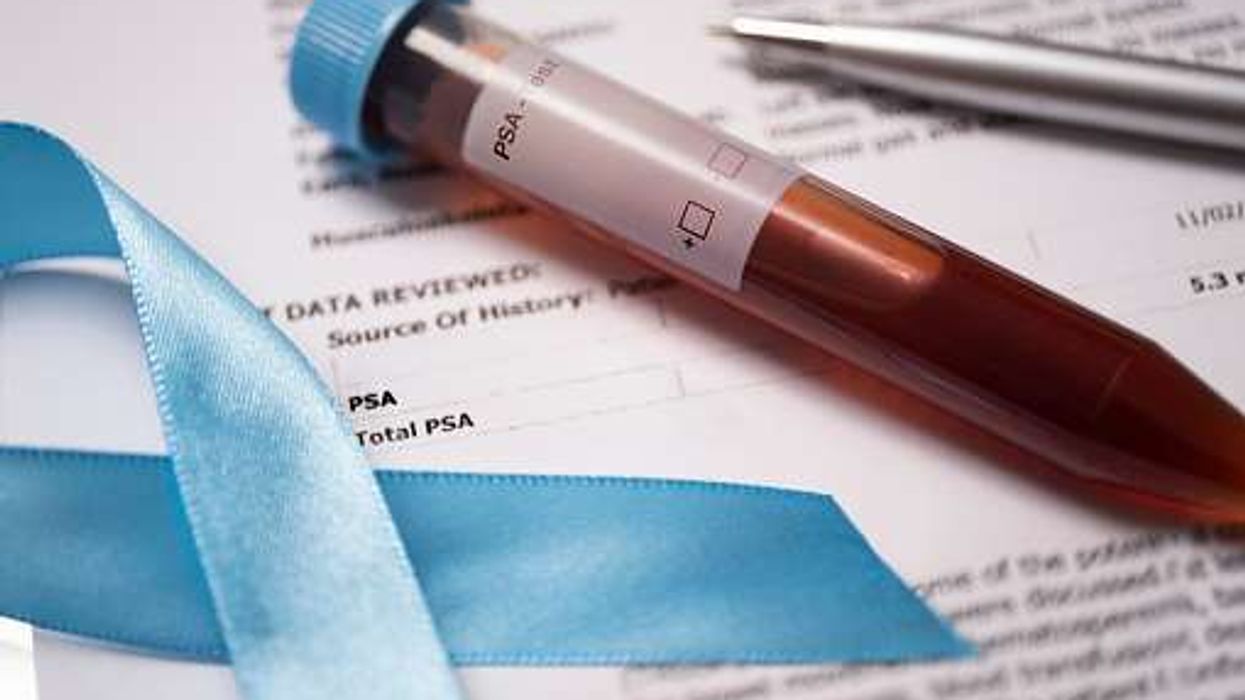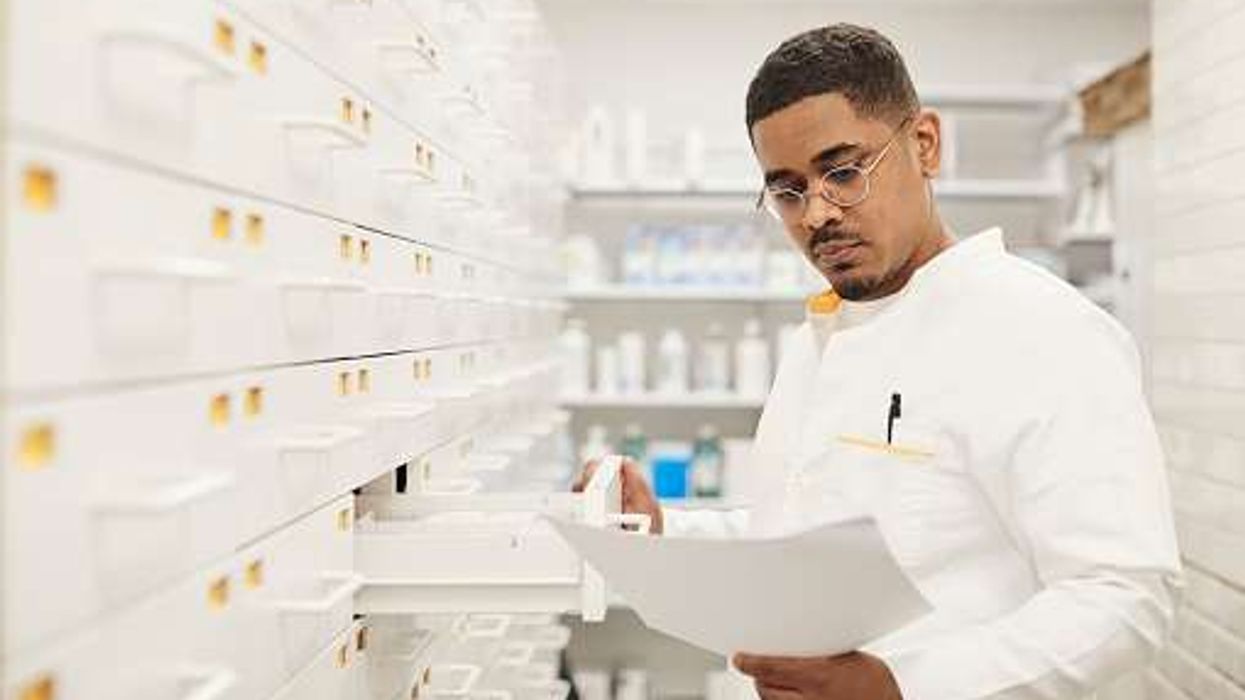To curb the supply issue of HRT medicine, the government has taken a further action by issuing SSPs for Oestrogel, Ovestin cream, Lenzetto transdermal spray and Sandrena gel sachets - with appropriate alternatives.
The move aims to allow community pharmacists to supply specified alternatives to the prescribed HRT products without needing to seek authorisation from the clinician who has prescribed the medicine.
The regulator said that the availability of Premique Low Dose has impoved ‘thanks to SSPs issued on 29 April to restrict dispensing for Oestrogel, Ovestin and Premique Low Dose to three months’ supply’.
“Since these measures were implemented, further deliveries of all three products have been made, with Premique Low Dose returning to good availability this week. The manufacturers of Oestrogel and Ovestin, as well as suppliers of alternative HRT products, are taking action to increase UK supply.”
It added, “SSPs restricting prescriptions to a maximum of three months’ supply will also be issued for substitute products, as a precautionary measure to ensure the supply of those substitutes is maintained.”
The move follows engagement between the Head of HRT Supply Taskforce, Madelaine McTernan, and the sector on measures to ensure the efficient use of current stock as well as increasing supply, both in the near term as well as providing stability for the future.
Meetings have also resulted in some suppliers taking swift action to secure additional stock of HRT products which are experiencing shortages resulting in good supply of Premique Low Dose which previously experienced shortages.
Health and Social Care Secretary Sajid Javid said, “We are working to ensure HRT is available for everyone who needs it and I am pleased to see suppliers continuing to increase the supply of some products which is a testament to the collaborative approach being taken.
Meetings with suppliers are ongoing and we’re taking decisive action to manage HRT supply issues and reduce any delays - this includes issuing further SSPs so that women are able to access the medication they need.
Head of the HRT Supply Taskforce Madelaine McTernan said, “I am very encouraged by the constructive engagement across the sector and enthusiasm with which suppliers and pharmacists are looking to work with us to meet this challenge. Focusing both on measures that ensure we can use stocks most efficiently whilst also ensuring supply is increased is critical”.
The British Menopause Society resource on HRT supply provides information on choosing alternative HRT products. Furthermore, information on which formulations are most appropriate for different populations and comorbidities can be found on the NICE website.
NHS England encourages prescribers to check the availability of HRT products before prescribing, by reviewing the NHS England Specialist Pharmacy Service website liaising with local pharmacies to identify available stocks and agreeing suitable alternatives where necessary.
MHRA has reminded both HRT manufacturers and suppliers of the action they can take to ease supply shortages. It is also working to consolidate their guidance so that it is available from a single webpage and this will be available shortly.
Welcoming the move of issuing more SSPs, Professor Claire Anderson, President of the Royal Pharmaceutical Society, said, “This short term measure will help women access supplies of HRT medicines which are difficult to get hold of.”
“This is a very fluid situation with some products due to return to normal availability shortly.
Claire added, “However, the bureaucracy involved in completing the SSP process for each individual patient is quite burdensome for pharmacists and we hope to see the shortage of HRT products resolved as soon as possible under the leadership of the new HRT Czar. Ultimately we’d like to see a change in the law which makes the whole process easier and quicker for both pharmacists and patients.
“The advice on which HRT product to substitute with another has been drawn up by experts and women can be confident they will receive what’s appropriate for them. Women should talk to their pharmacist if they have any concerns about their HRT medicines.”











